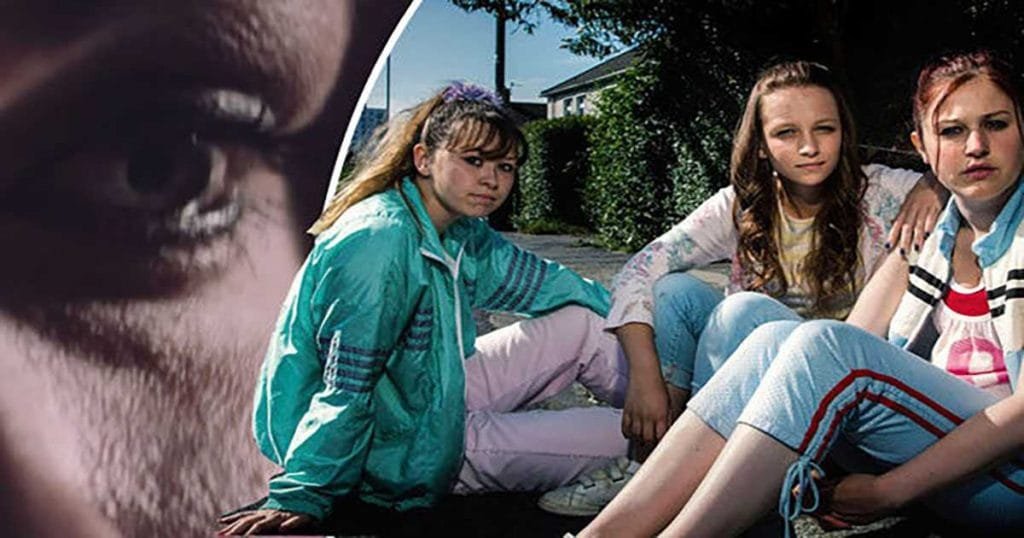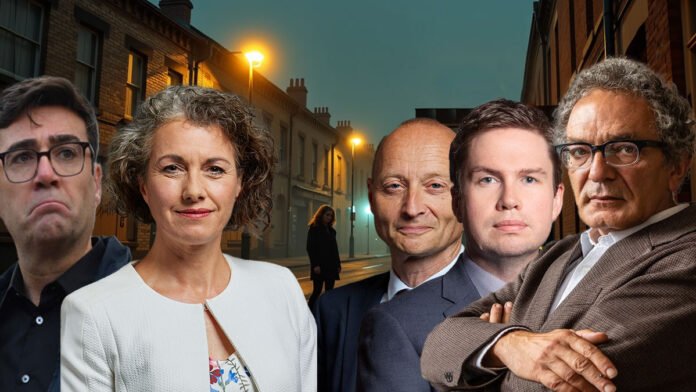Restoring Trust: Why Only a National Inquiry Can Heal This Wound
In what can only be described as a glacial awakening to public outrage, Labour MPs are finally beginning to break ranks over the need for a national grooming gang inquiry. The real question is: what took so long?
Sarah Champion, the Rotherham MP whose constituency witnessed what’s been called “the biggest child protection scandal in UK history,” has executed a remarkable U-turn. Just a week ago, she argued against an inquiry, claiming it would mean “another 10 years of waiting.” Now, she admits that “nothing less than a national inquiry” will restore public faith. This reversal speaks volumes about the mounting pressure to address these systematic failures.
The resistance to a full national inquiry is becoming increasingly indefensible. When 1,400 girls in Rotherham alone fell victim to grooming between 1997 and 2013, how can anyone argue against a comprehensive investigation? The scale of this tragedy demands more than piecemeal local reviews or half-measures.
Dan Carden, Labour MP for Liverpool Walton, hit the nail on the head when he declared that “the public compassion for the victims, thousands of young British working-class girls and children is real.” His call for the prime minister to “use the full power of the state to deliver justice” stands in stark contrast to those suggesting we should simply implement existing recommendations without further investigation.
The arguments against a national inquiry ring hollow. Claims about timeframes and resource allocation seem like convenient excuses when weighed against the magnitude of these crimes. Labour Peer Maurice Glasman’s call for a Royal Commission with powers of arrest demonstrates the kind of robust response that’s needed – not just to investigate the grooming gangs, but also those who showed reluctance to investigate these horrific crimes.
Sir Keir Starmer’s position against an inquiry, citing concerns about length and implementation of existing findings, appears increasingly untenable. When Andy Burnham, the Mayor of Manchester, joins calls for even a “limited national inquiry,” it suggests the tide is turning against those who would prefer to look away.
Champion’s new five-point plan, while welcome, raises an uncomfortable question: why did it take so long to reach these obvious conclusions? Her calls for a national audit of ongoing grooming operations, investigation into perpetrators’ motivations, and review of child protection laws are steps that should have been taken years ago.
She also called for a new commission to look into the motivations of grooming gang members, alongside a review to ensure that the law is fit for purpose to protect children and prosecute child abusers.
She said: “Transparency and accountability need to be embedded into this process, with victims and survivors sitting at its heart.”
“It is clear that nothing less than a national inquiry into the failings of those in authority to both prevent, and be accountable for their failings, in relation to grooming gangs will restore the faith in our safeguarding systems”, Champion insisted.

Paul Waugh, MP for Rochdale, said he backed an inquiry with “key caveats”.
Nine men who exploited girls as young as 13 in Rochdale were jailed in 2012.
Waugh, who was elected last year, told BBC Politics North West: “I’m not against a national enquiry but it has got to have some key caveats.
“First, is it supported by victims because they are the people who have told their stories and it took a lot of bravery to tell those stories?”
“They fought for justice for many years, are they going to have to re-experience their trauma every time they explain this?
“They have done this time and time again.”
He also said any inquiry should “not cut across live police investigations”.
The Deafening Silence: Why Are Some Still Resisting a National Grooming Gang Inquiry?
The resistance to a full inquiry reflects a deeper institutional reluctance to confront uncomfortable truths. As Carden noted, we must “question and challenge the orthodoxy of progressive liberal multiculturalism that led to authorities failing to act.” This isn’t about political point-scoring – it’s about acknowledging that fear of confronting certain issues led to catastrophic failures in protecting vulnerable children.
Those arguing against a national inquiry must answer a simple question: How many more victims need to be failed by the system before we commit to a comprehensive investigation? The public’s trust in safeguarding systems isn’t just damaged – it’s shattered. Only a full national inquiry, with real powers and a mandate to expose both past failures and ongoing inadequacies, can begin to rebuild that trust.
The time for half-measures and delayed responses is over. The victims deserve more than political manoeuvring and carefully worded statements. They deserve justice, and that justice begins with a full, unflinching examination of how these crimes were allowed to happen – and who looked the other way.
The choice is clear: either support a comprehensive national inquiry now, or be remembered as part of the system that continued to fail these victims. The silence of those still resisting such an inquiry grows more damning by the day.
Support Independent Journalism Today
Our unwavering dedication is to provide you with unbiased news, diverse perspectives, and insightful opinions. We're on a mission to ensure that those in positions of power are held accountable for their actions, but we can't do it alone. Labour Heartlands is primarily funded by me, Paul Knaggs, and by the generous contributions of readers like you. Your donations keep us going and help us uphold the principles of independent journalism. Join us in our quest for truth, transparency, and accountability – donate today and be a part of our mission!
Like everyone else, we're facing challenges, and we need your help to stay online and continue providing crucial journalism. Every contribution, no matter how small, goes a long way in helping us thrive. By becoming one of our donors, you become a vital part of our mission to uncover the truth and uphold the values of democracy.
While we maintain our independence from political affiliations, we stand united against corruption, injustice, and the erosion of free speech, truth, and democracy. We believe in the power of accurate information in a democracy, and we consider facts non-negotiable.
Your support, no matter the amount, can make a significant impact. Together, we can make a difference and continue our journey toward a more informed and just society.
Thank you for supporting Labour Heartlands












